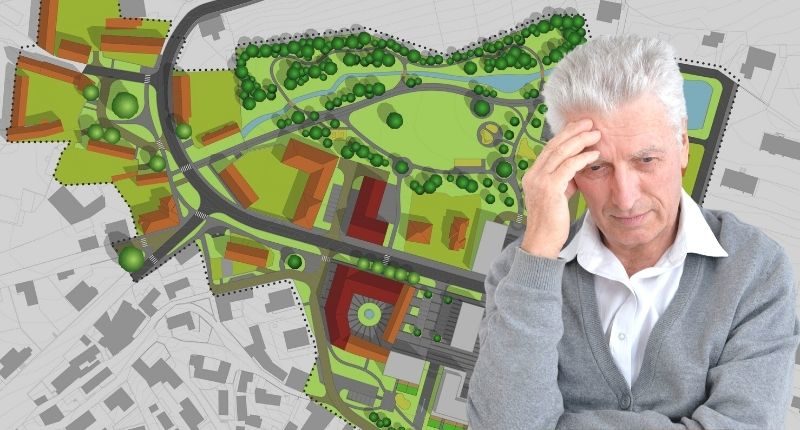- A draft policy will prohibit Independent Living Units from being built in R2 Low-Density Residential zones
- This cover a large part of zoning across Sydney
- Policy includes 'co-living', effectively a new form of boarding housing for seniors
The New South Wales division of the Property Council (PCA) has expressed concern over a provision in the draft Housing State Environmental Planning Policy (Housing SEPP) it says will negatively impact housing for seniors.
While acknowledging the new policy will facilitate additional housing supply, Property Council NSW executive director Luke Achterstraat said elements of the policy needed to be changed.
“This new policy has huge potential to add to the supply of affordable accommodation and seniors housing in the state and is a critical lever to addressing the ongoing housing affordability crisis in New South Wales,” he said.
In particular, Mr Achterstraat is concerned about the provision that prohibits seniors Independent Living Units from areas zoned as R2 Low-Density Residential.
This covers a significant area across suburban Sydney – as depicted in the below map.

“These areas have long allowed seniors housing providers to compete effectively to acquire land and increase the supply of seniors housing in NSW,” he added.
“This blanket prohibition of seniors independent living units from these areas is considered a step backwards.”
“Research indicates that NSW is approaching a ‘perfect storm’ with regards to seniors housing, with a rapidly ageing population and supply of seniors living accommodation dwindling rapidly due to a lack of appropriate supporting provisions provided by the state planning authority.”
Luke Achterstraat, Property Council NSW
Mr Achterstraat noted that low-density areas are typically sought after by seniors who prefer to live in suburbs they are familiar with and those near family and friends.

Co-living inadequate at delivering housing
The draft policy will also introduce a new type of housing development known as ‘co-living’ – effectively a new form of boarding housing.
“The introduction of a new form of apartment rental accommodation aimed at couples and singles, known as ‘co-living’ is a great innovation but fails to hit the mark to deliver housing effectively,” Mr Achterstraat noted.
He explained that this particular form of development will also be prohibited in low-density zones unless councils make a specific exemption – unlikely, he said, given councils typically oppose many types of new residential development.
“The exclusion of this form of development in the R2 low density zones has the potential to wipe out over 80,000Ha of zoned land in the Sydney Metropolitan Area – and places even further pressure on the medium to high density residential areas that are already hotly contested for alternative high-density forms of development.”
In the proposed SEPP, it said that “..some councils and communities consider that boarding houses are fundamentally incompatible with other development in the R2 Low Density Residential zone due to their bulk, scale and nature of use.”
The NSW Department of Planning, Industry and Environment said that over 270 submissions in response to the proposed SEPP were received between July and September – and these will be considered in the development of the policy.








